As a rookie backpacker, your first trip is both exciting and terrifying.
You've equally heard stories of people who enjoyed their first experience and those who swore never to try hiking again due to a negative experience.
The main reason for these two divergent stories is due to planning. A well-planned backpacking trip is bound to result in beautiful memories. However, a poorly planned trip will only result in tears, pain, and regret.
You don't fall victim to the latter.
Which is why you’re reading this article.
In today's post, we discuss 19 tips to guide you as prepare for your first hiking trip; therefore, ensure that you have a bountiful experience.
Table of Contents
- #1. Start Easy
- #2. Do Your Research
- #3. Pack Early
- #4. Pack Clothes Based on Layers
- #5. Pack the Right Clothes from Your Current Wardrobe
- #6. Have The Right Shoes
- #7. Go Light and Comfortable.
- #8. Plan Your Backpacking Foods Well
- #9. Choose the Right Sleeping Bag
- #10. Prepare Yourself Physically and Mentally
- #11. Remember Your Fire
- #12. Choose a Common Trail
- #13. Protect Yourself Against the Sun
- #14. Ask for Help
- #15. Hydrate
- #16. Take Breaks
- #17. Don't Let the Crystal-Clear Water in The Wild Fool Your Eyes
- #18. Use Trekking Poles
- #19. Leave Only Footprints
- Enjoy your First Backpacking Trip
Let's get right into it.
#1. Start Easy
Even if you've heard stories of exotic destinations from your experienced hiker friends, it's best if you started easy.
Not sure about where to start?
You can consult other backpackers and ask for recommendations. State and national parks are great places to start as their trails are well marked. Their websites also offer user-friendly guides to both experienced and beginner hikers alike.
Don't be too quick and jump into a challenging trek. Instead, go for routes with low mileage. An overnight hike close to your home works great for your first trip.
#2. Do Your Research
Before embarking on your first trip, you'll need to conduct tons of research on different issues.
Research everything, from the best food to carry, what to pack, which clothes to avoid, and where to hike as a beginner.
An excellent place to start your research could be on our article on the most common rookie backpackers' mistakes.
#3. Pack Early
You don't want to leave anything behind. When packing, make sure you have a checklist of everything you will need for your adventure. If you don't have a list, you can refer to our guide on creating a camping checklist for tips on what to carry for your first trip.
Avoid the last-minute rush and start packing a few days before your trip.
When packing, keep checking the weight to ensure you don't overpack.
#4. Pack Clothes Based on Layers
Layering helps you to adapt quickly to the changing weather conditions.
The first layer, also known as a base layer, should consist of long underwear or clothes that help wick sweat away from your body. The next layer, the 'hiking layer,' should consist of nylon pants, a t-shirt, sun hat, and sun shirt.
For the outer layer, pack a puffy jacket or vest, warm hat, lightweight fleece pullover, and gloves.
Lastly, pack a waterproof/breathable jacket and rain pants for the rainwear layer, depending on the weather patterns.
Consider packing fabrics like polyester and nylon as they pull moisture (sweat) away from your body to keep you drier. Avoid cotton as it takes longer to dry.
#5. Pack the Right Clothes from Your Current Wardrobe
As a beginner backpacker, you might be tempted to go way out of your budget and buy new clothing. However, it doesn't need to be expensive, as you can find everything you need in your closet.
For example, pack heavy jackets for chilly nights and water-resistant clothes if it rains. Moisture-wicking garments are great for hot conditions.
#6. Have The Right Shoes
Appropriate hiking footwear has a decent grip, offers ankle support, and is comfortable for the journey.
Other than shoes, proper foot care requires you to wear the right socks. Go for synthetic or wool socks. You should also consider an ultra-light pair of shoes or sandals to wear around the camp.
#7. Go Light and Comfortable.
The camping equipment or backpack you choose can make or break your escapade. An uncomfortable bag with an unmeshed back, and unpadded shoulder straps, can turn your adventure into your worst nightmare.
Go for a comfortable bag that won't disappoint you. A good backpacking bag has hip straps that take a lot of weight off your back and shoulders. The strap and back material should also be breathable to prevent sweat accumulation.
Also, pick lightweight tents and sleeping bags to make sure your nights are as memorable as your day hikes.
#8. Plan Your Backpacking Foods Well
You should pack your food based on the number of days you will be hiking. Try to accurately project how much you will eat, as carrying excessive food would add weight to your backpack.
For your safety, pack food for one extra day. This way, if something happens, you'll have food to last you the extra day.
Freezer-dried food is the lightest and easiest option for you. Avoid canned food as it tends to be too heavy.
#9. Choose the Right Sleeping Bag
The climate of your hiking destination should influence your choice of a sleeping bag.
For a beginner backpacker, go for a synthetic fill sleeping rather than down fill. Not only is a synthetic bag versatile, but it's also affordable.
#10. Prepare Yourself Physically and Mentally
Before heading out, make sure your body is trail-ready.
To do this, take regular local hikes with a 20- 30 lb bag. Alternatively, you can hit the gym. You should consider workouts that focus on cardio conditioning before adding weight to the mix.
When it comes to your mental health, learn basic survival skills. Practice how to pitch your tent and light the stove. You also need to familiarize yourself with navigation equipment, including your map, compass, and GPS device.
You should also take the time to learn how to deal with emergencies on the trek.
#11. Remember Your Fire
Fire plays a considerable role when it comes to backpacking.
How would you cook your food without it? Pack a small box of matches to ensure it lasts you the entire hike. It's best to carry an extra box in case one gets cold.
#12. Choose a Common Trail
Since you are a beginner in backpacking, you might be tempted to go to the extremes and satisfy your exploring spirits.
However, until you get the hang of it, opt for high-traffic routes. If you get stuck here, there would be a person to give you a helping hand.
#13. Protect Yourself Against the Sun
Hiking exposes you to harmful UV rays; thus, you need to protect your eyes and skin. Don't forget to carry sufficient sun protection in the form of sunglasses and sunscreen.
#14. Ask for Help
Don't shy away from asking for help from experienced backpackers.
I mean, everybody started from somewhere, and no one came into the trail knowing everything. Observe what other hikers are doing and ask them the right questions depending on your concern.
#15. Hydrate
You need to drink enough water to stay hydrated on the trail.
Ideally, you should drink a liter of water after every two hours. However, this varies depending on the weather conditions or a particular time of the year. If you're hiking in the summer heat, you'll need to drink more than a liter every two hours.
#16. Take Breaks
Since you are new to the game, you might be overexcited and feel motivated to reach your destination.
This shouldn't be the case.
Strive to take ten minutes breaks after a few hours to help you recoup your energy and remove any metabolic wastes in your legs.
#17. Don't Let the Crystal-Clear Water in The Wild Fool Your Eyes
With the requirement to drink a litre of water after every two hours, it's nearly impossible to carry all the water you'll need for the hike. At some point, you'll have to go to either a river, stream or any natural water point.
Don't let the crystal-clear water fool you into thinking it's safe. Before drinking any water, ensure that you treat it either through filtration or using iodine tablets.
#18. Use Trekking Poles
Don't torture yourself on the trail when you can give a hiking pole a chance.
Trekking poles help protect you from knee pain and act as additional support when climbing or descending a mountain. Trekking poles are also effective tools for measuring how deep ponds are.
With trekking poles, it's also easier to remove spider webs and tree branches from your path.
#19. Leave Only Footprints
Backpacking is defined by 'leave no trace ethics,' and any backcountry citizen should know how to follow this.
Only hike on designated paths and, if possible, camp on designated sites—light fires in the established fire rings.
Lastly, learn to clean every campsite before you leave, even if the trash isn't yours. You should leave the ecosystem as you found it, if not better.
Enjoy your First Backpacking Trip
When you are a rookie backpacker, there are tons of uncertainties. However, by adhering to the 19 tips you've learned from this article, you're bound to have a fantastic experience on your backpacking trip.
If you still have questions or feel as if there's a tip that wasn't covered, feel free to contribute in the comment section below.
If you’re wondering where to get your hiking gear, visit our online store here.. At Northbound, we offer the highest quality, waterproof hiking gear to make sure your first backpacking experience is nothing but delightful.
Until then, happy backpacking from your friends at Northbound Gear.Read more
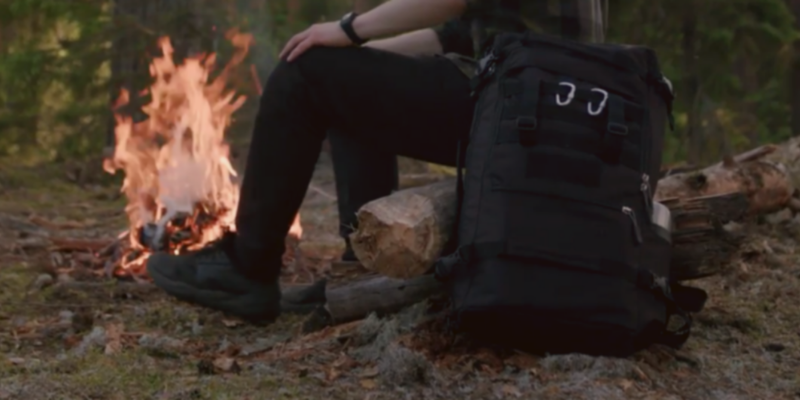
An uncomfortable and ill-fitting backpack is enough to take away the fun from your hiking trip. This is why you don’t just buy any bag and use it for hiking. But what factors should you consider? ...
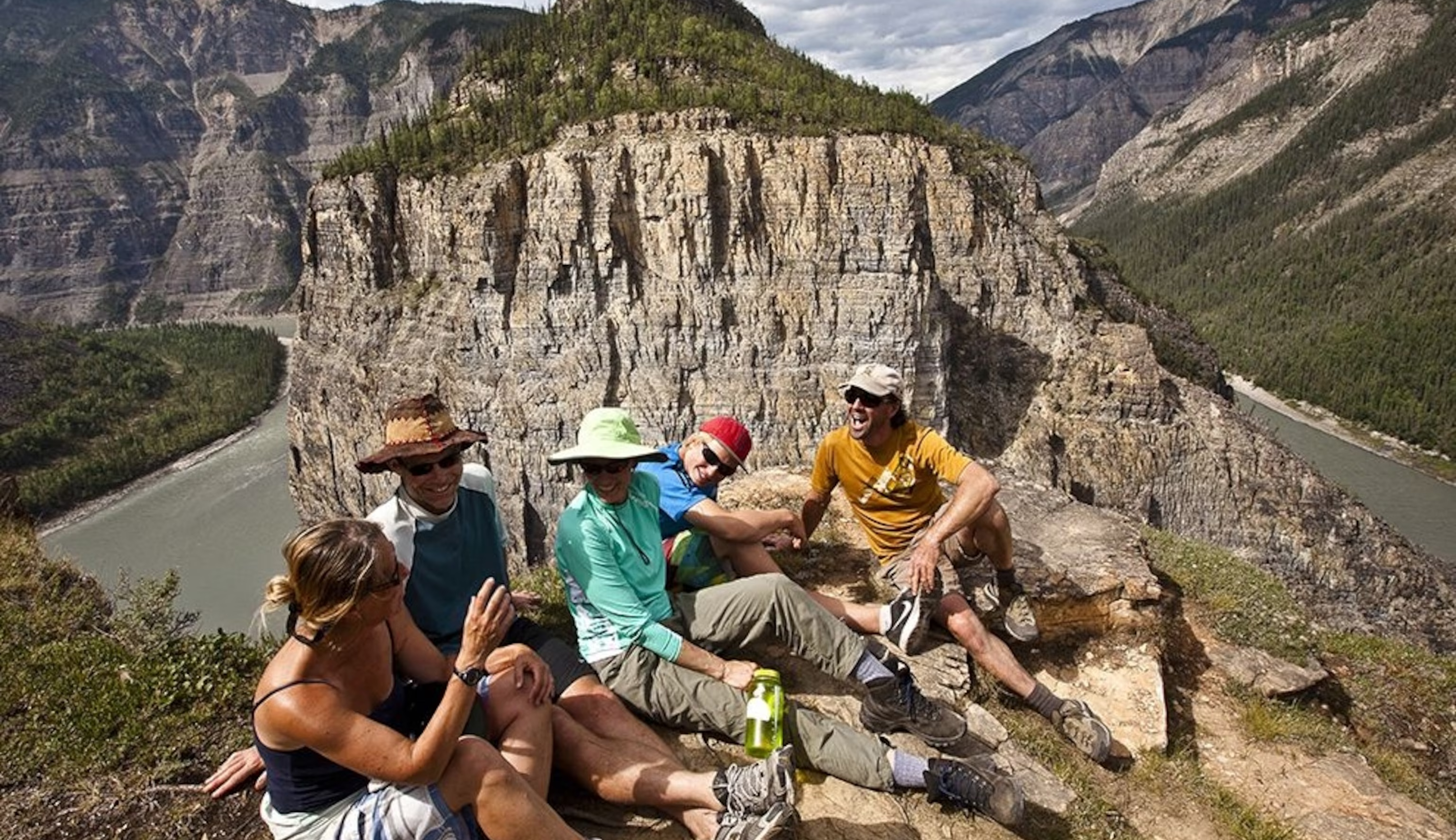
The Northwest Territories offer some of the most pristine and remote wilderness areas in Canada. From the rugged beauty of Nahanni National Park to the serene landscapes of the Canadian Shield, her...
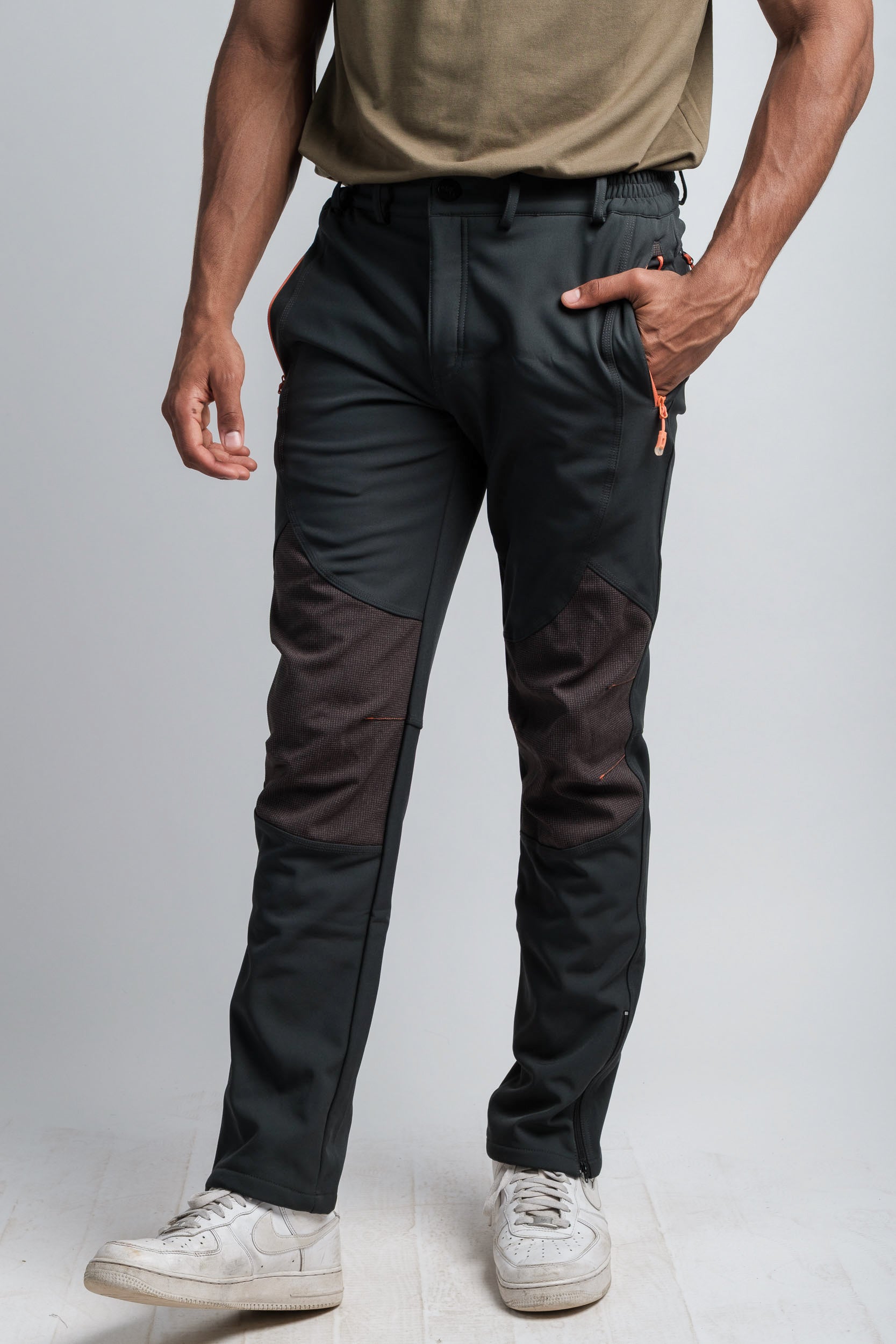
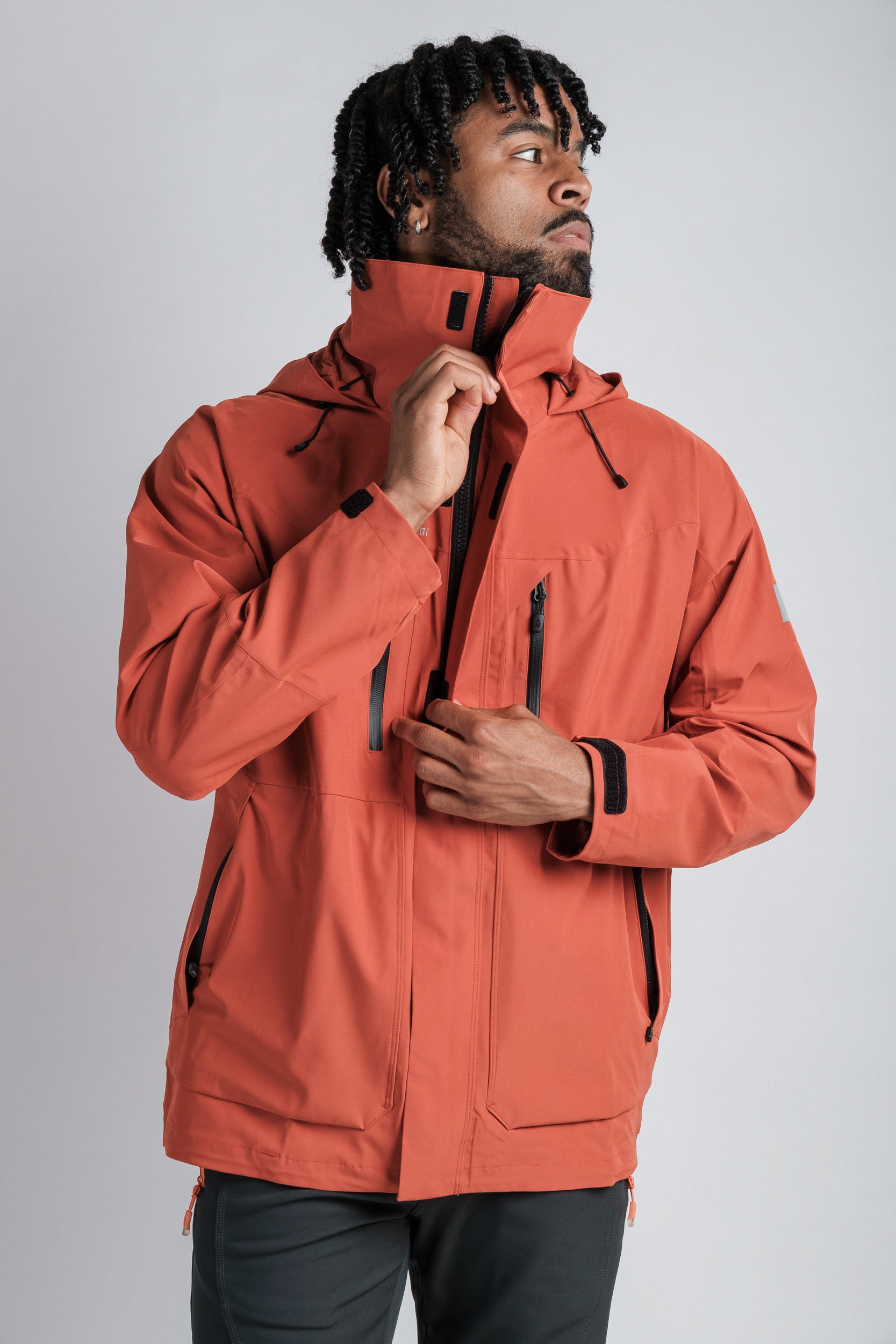

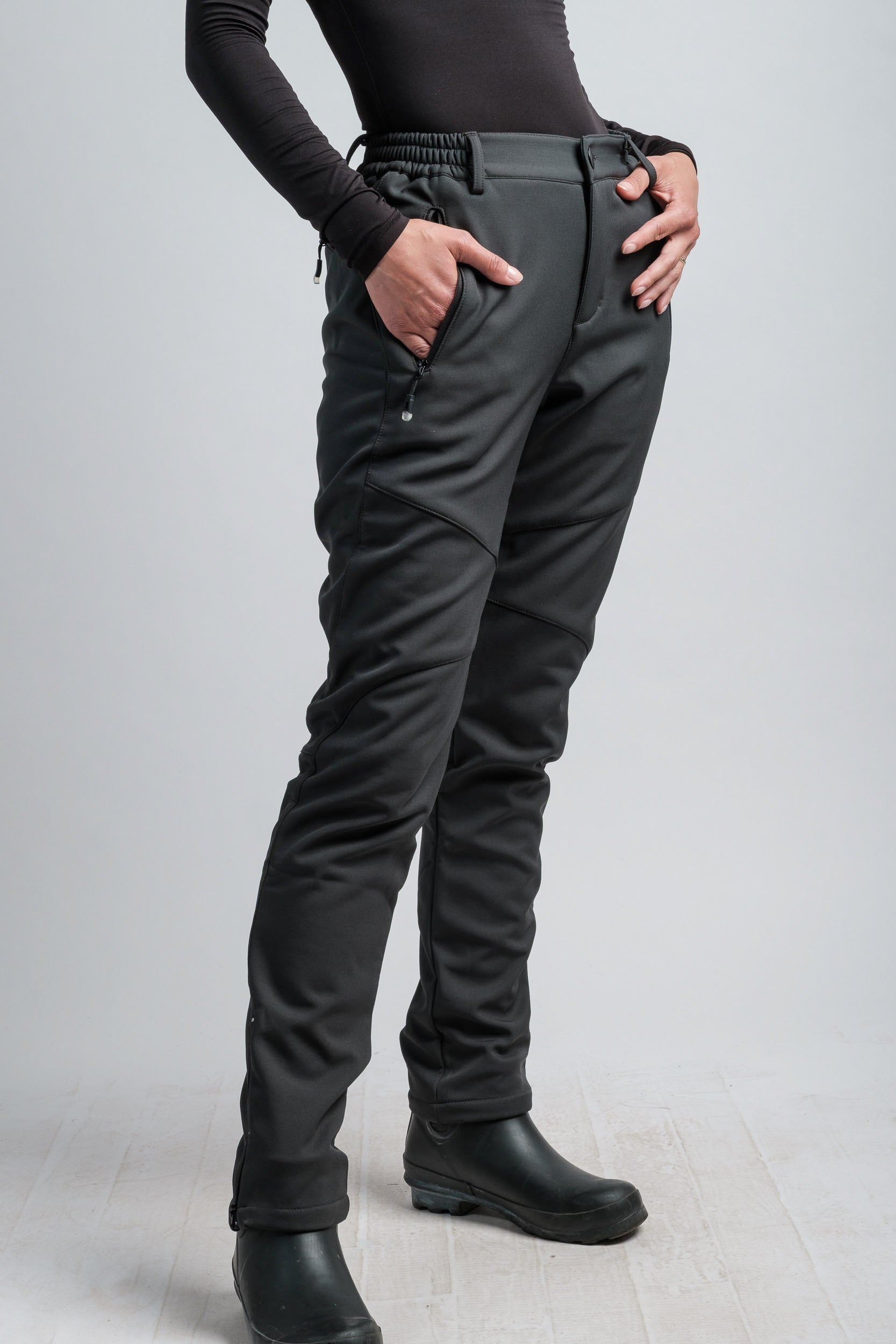
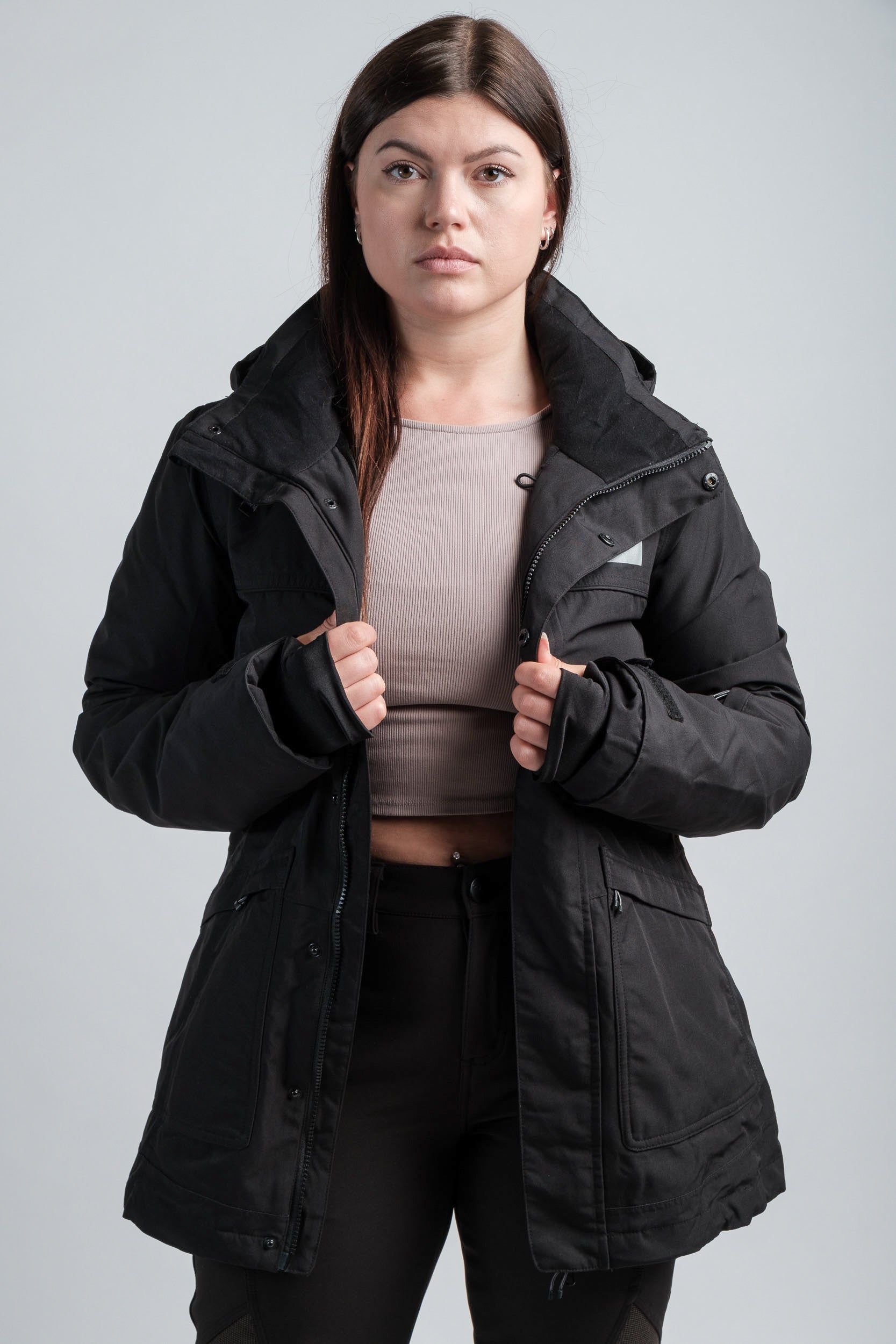
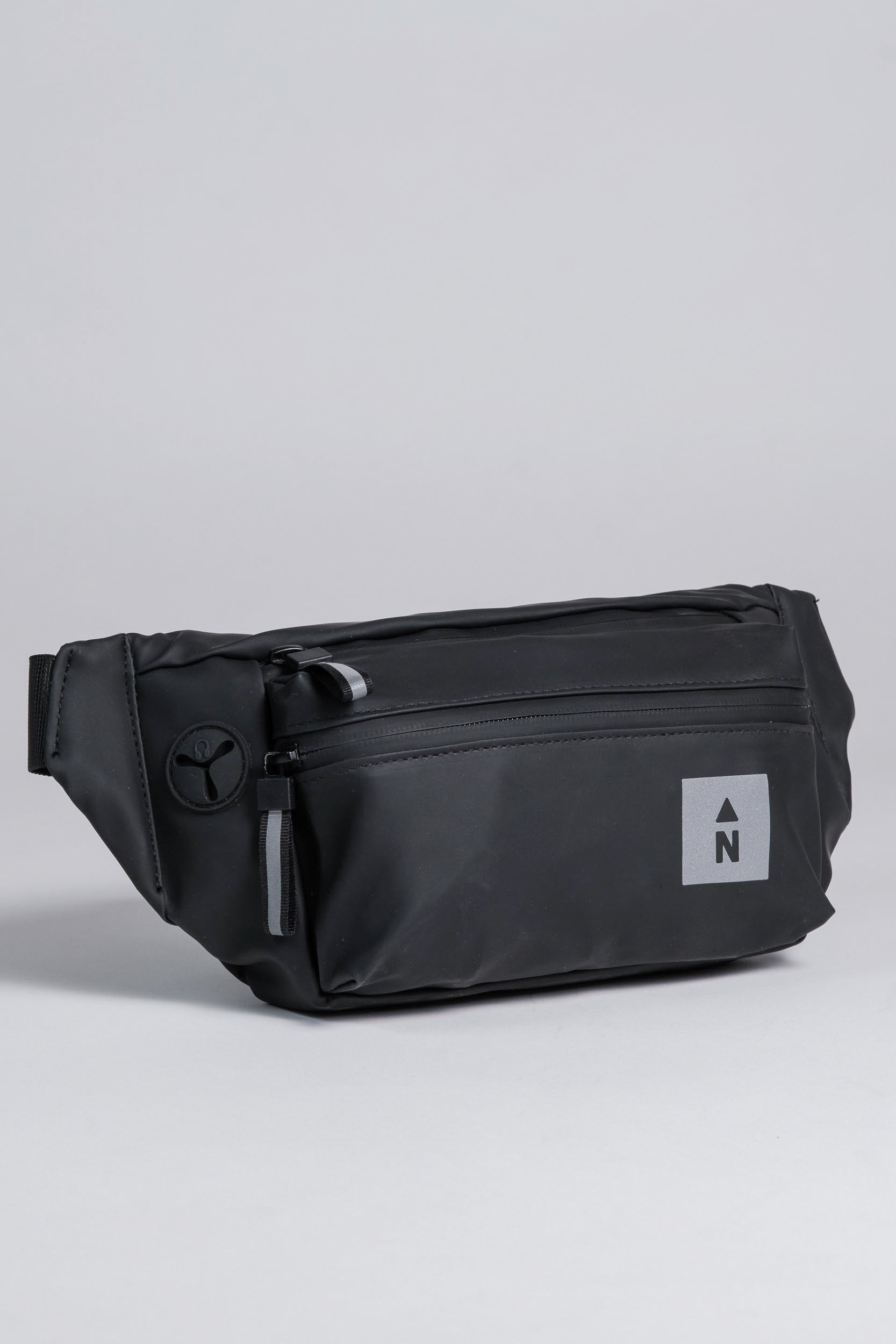
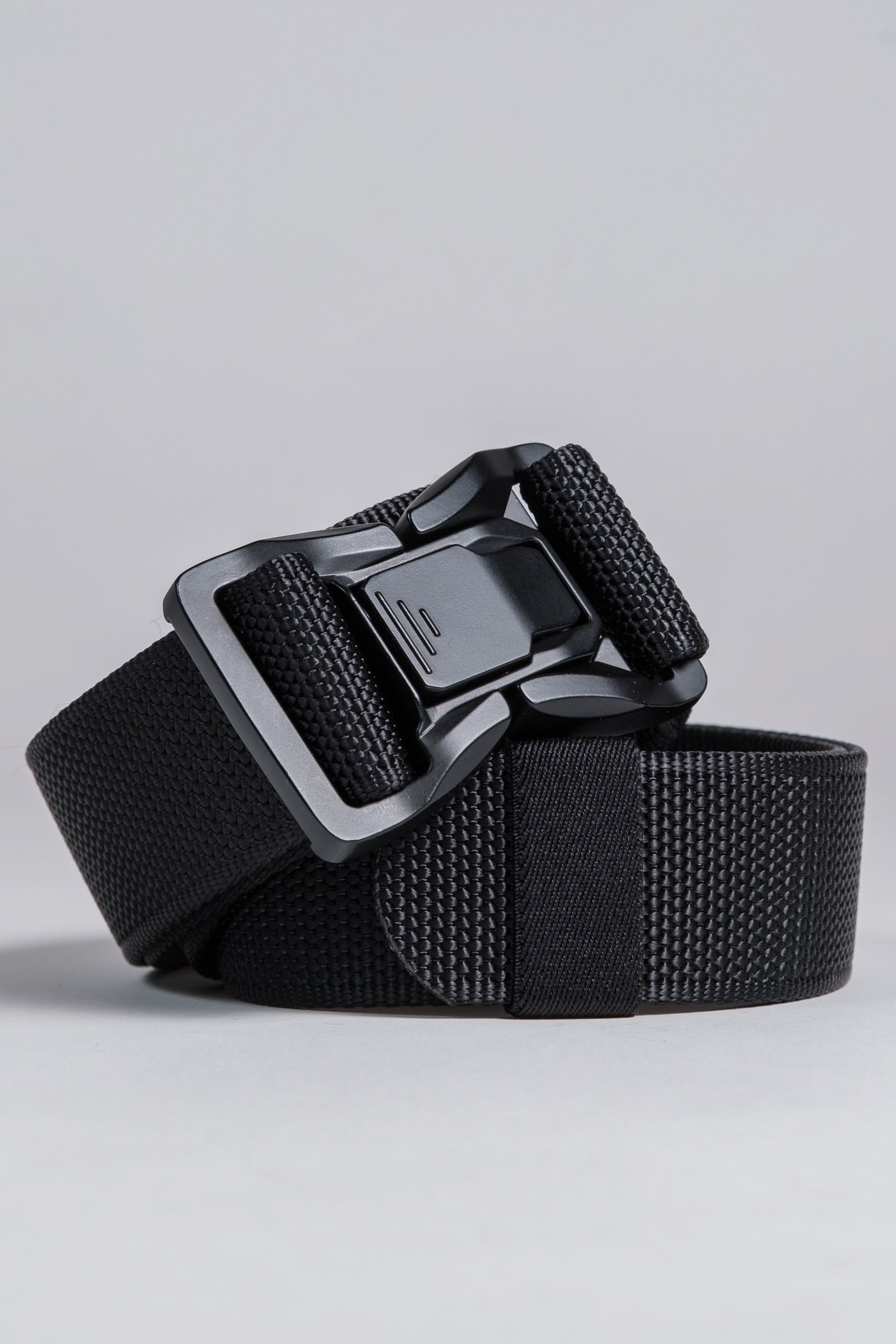
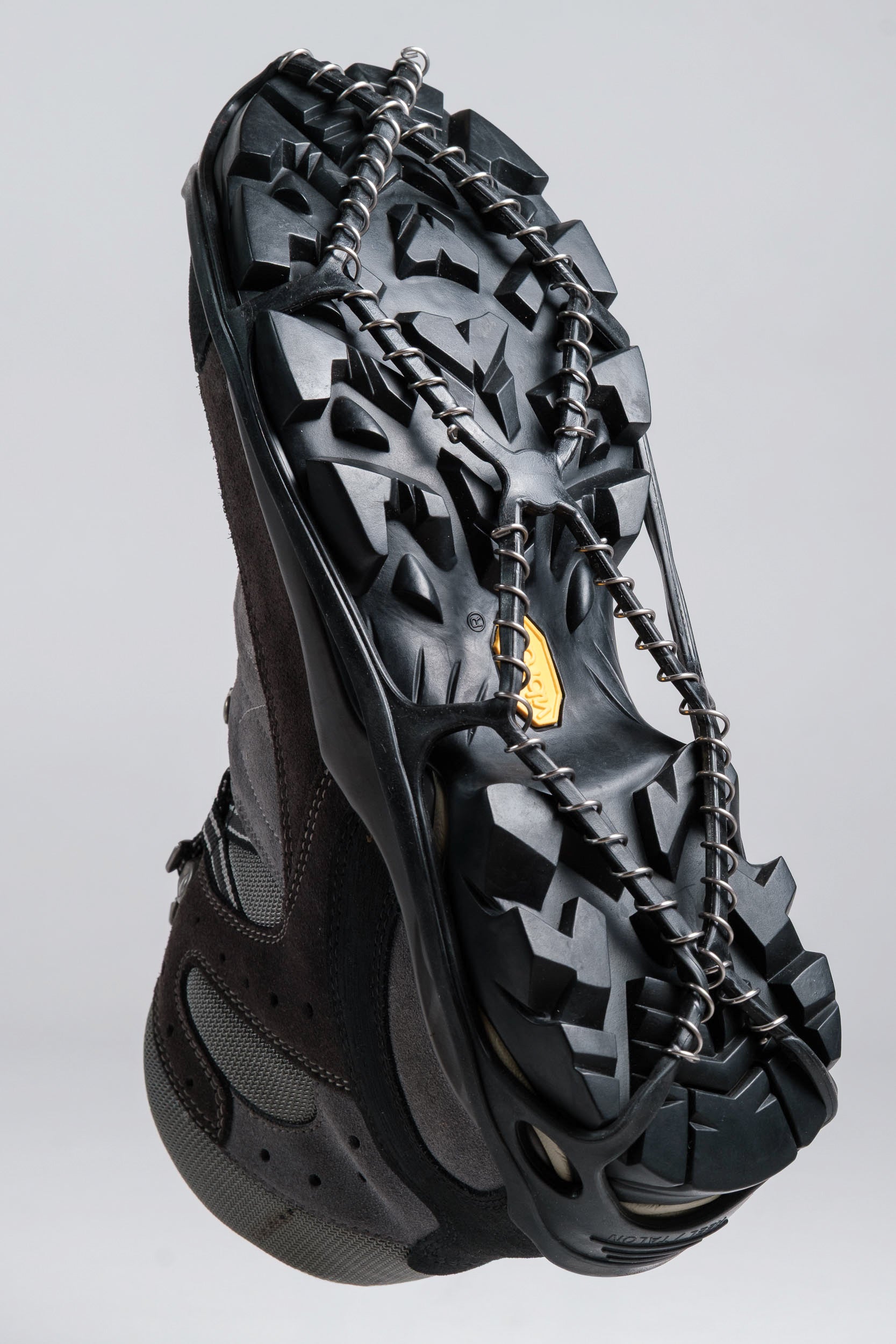
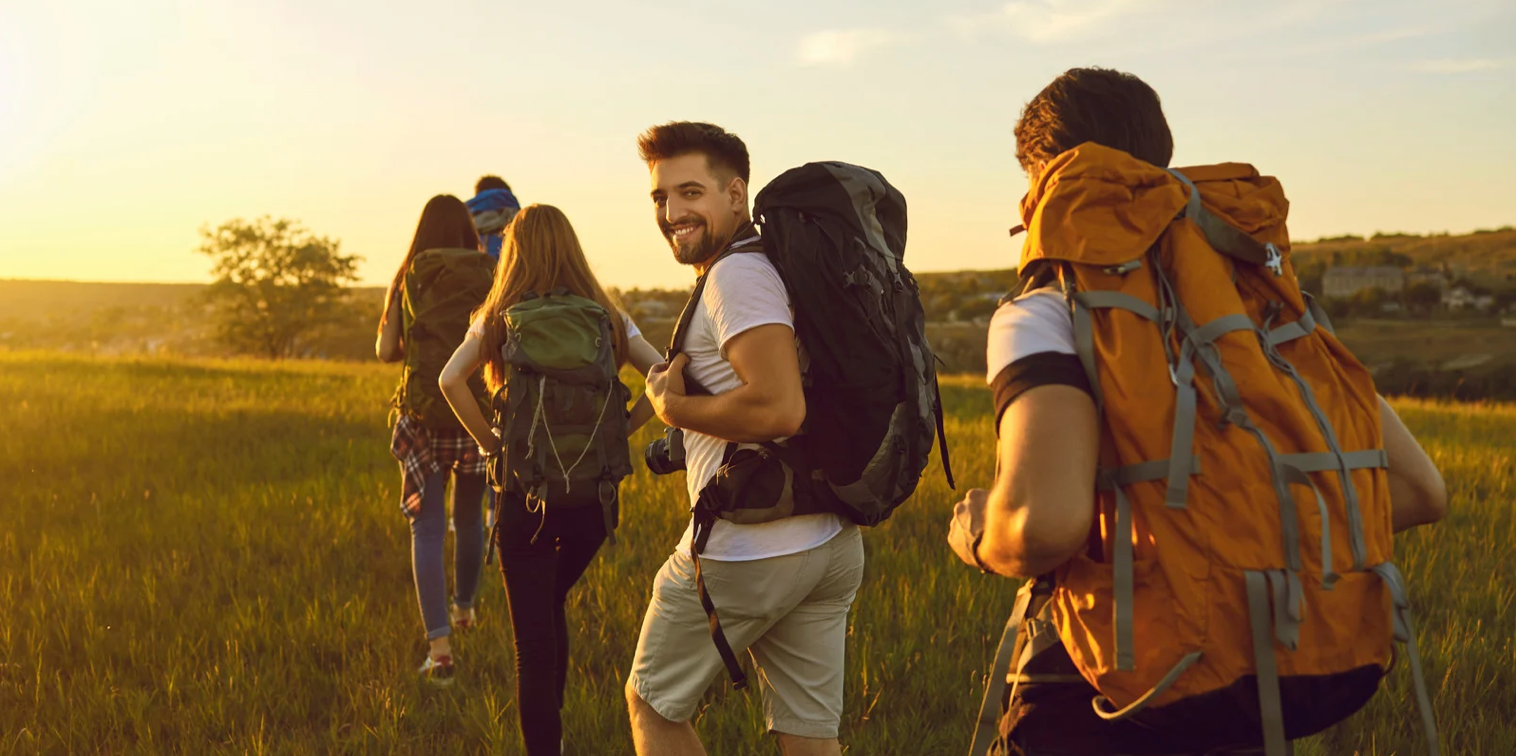
Leave a comment
All comments are moderated before being published.
This site is protected by hCaptcha and the hCaptcha Privacy Policy and Terms of Service apply.